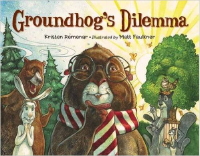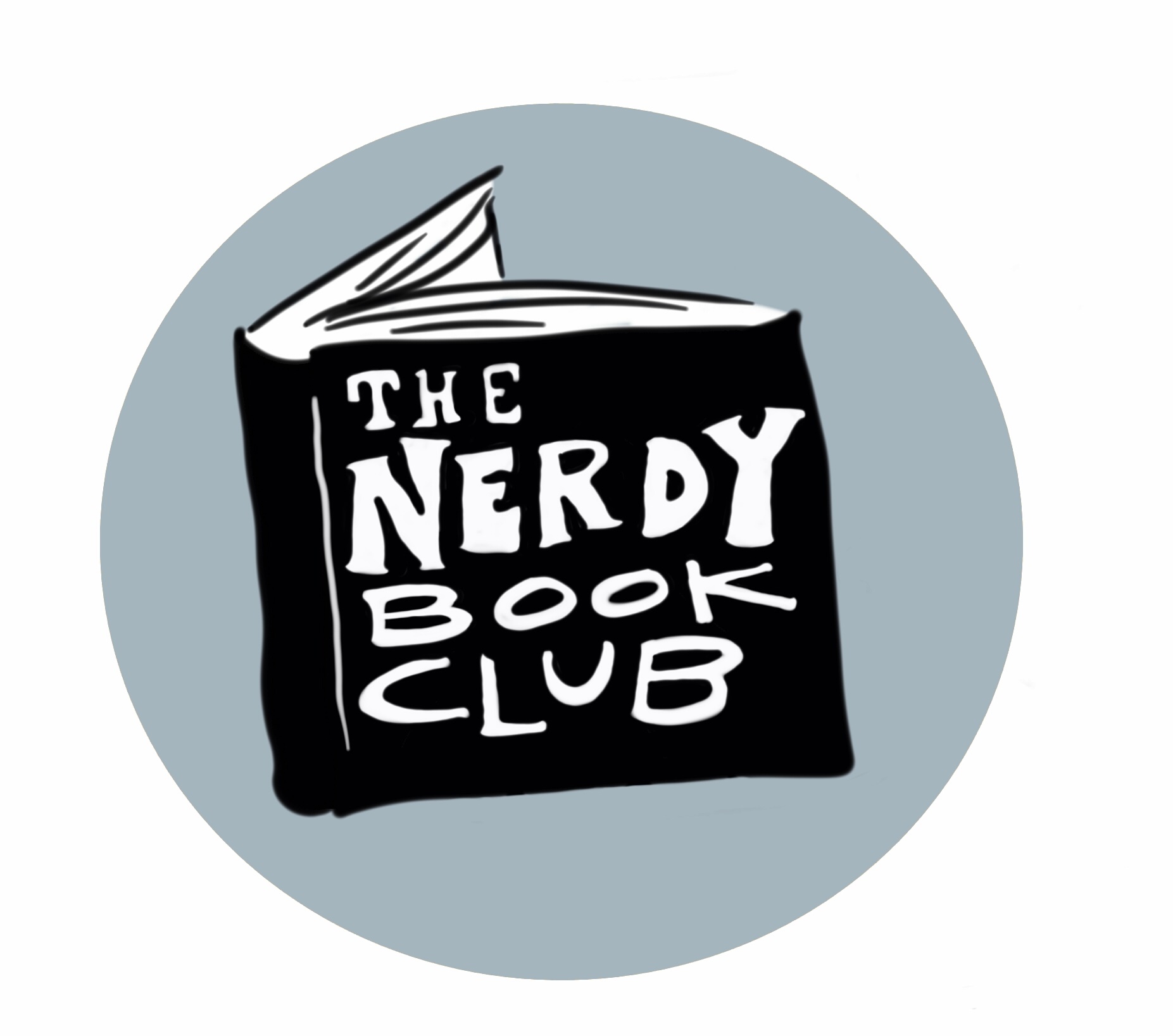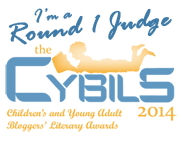Why Nursery Rhymes Work
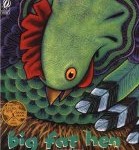 I had the pleasure of attending a kindergarten “family night” at an elementary school. The theme was nursery rhymes, and once again I was reminded why these rhymes are so powerful. I could (and often do) go on for days about the phonological awareness that rhyme builds, how children who are read to are exposed to thousands more words than those who hear only daily conversation and television, how we learn words best in meaningful context and how the rich language of nursery rhymes develops a child’s vocabulary, but I know I’m preaching to the choir. Instead, allow me to share with you one of my favorite nursery rhyme books, Big Fat Hen by Keith Baker. This is my go-to nursery rhyme book for littlest listeners, and all my students who are building number recognition feel like rock stars because they can read this so easily. The pictures are huge, perfect for a group share, and the text is quickly read to wiggly ones.
I had the pleasure of attending a kindergarten “family night” at an elementary school. The theme was nursery rhymes, and once again I was reminded why these rhymes are so powerful. I could (and often do) go on for days about the phonological awareness that rhyme builds, how children who are read to are exposed to thousands more words than those who hear only daily conversation and television, how we learn words best in meaningful context and how the rich language of nursery rhymes develops a child’s vocabulary, but I know I’m preaching to the choir. Instead, allow me to share with you one of my favorite nursery rhyme books, Big Fat Hen by Keith Baker. This is my go-to nursery rhyme book for littlest listeners, and all my students who are building number recognition feel like rock stars because they can read this so easily. The pictures are huge, perfect for a group share, and the text is quickly read to wiggly ones.
One of the best parts of the kindergarten family night for me was seeing how successful the students felt as they read nursery rhymes to me from books and off of posters. Because of the short, rhyming text, nursery rhymes are easily memorized, so those who are still developing word recognition and decoding skills can feel successful as they “read” from memory the rhymes. I brought a pretend candlestick (a toilet paper tube wrapped in construction paper with a red tissue paper flame which is as crafty as I get) and had students act out “Jack Be Nimble” after we read the rhyme. Amazingly fun and super-easy, make a poster of the rhyme, have 3×5 cards with your students’ names to tape up over the word “Jack”, and let your little ones be part of the rhyme.
Read MorePotty Animals!
 It’s time to potty! If you work with or have young children, you need Hope Vestergaard’s book “Potty Animals: What to Know When You’ve Gotta Go!”, illustrated by Valeria Petrone. One of the essential literacy skills kids need to become readers is “print motivation”. There has to be a reason and a desire to read, and if you give a kindergartner a book about going to the bathroom, that kid will want to read it! Not only is “Potty Animals” laugh-out-loud funny, it teaches (in rhyme) some very important life lessons like “Knock first!”, “Don’t wait too long!” and “Never forget to wipe!” This book should be read to every preschooler and kindergartner, and even a few forgetful older kids, too. After reading this book to your class, choose together the rules you want to put on a classroom poster – perfect to hang on the door if your bathroom is connected to your classroom! Potty on!
It’s time to potty! If you work with or have young children, you need Hope Vestergaard’s book “Potty Animals: What to Know When You’ve Gotta Go!”, illustrated by Valeria Petrone. One of the essential literacy skills kids need to become readers is “print motivation”. There has to be a reason and a desire to read, and if you give a kindergartner a book about going to the bathroom, that kid will want to read it! Not only is “Potty Animals” laugh-out-loud funny, it teaches (in rhyme) some very important life lessons like “Knock first!”, “Don’t wait too long!” and “Never forget to wipe!” This book should be read to every preschooler and kindergartner, and even a few forgetful older kids, too. After reading this book to your class, choose together the rules you want to put on a classroom poster – perfect to hang on the door if your bathroom is connected to your classroom! Potty on!
Cool “Jazz Baby”
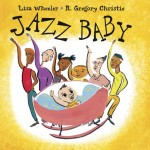 “Brother’s hands tap.
“Brother’s hands tap.
Sister’s hands snap.
Itty-bitty Baby’s hands clap-clap-clap!”
I don’t think it’s possible to read Jazz Baby by Lisa Wheeler and R. Gregory Christie aloud without bouncing a bit. This book, which earned the Geisel Honor Award, works on so many levels. Your Music Smart kids will be pulled into the the rhythm of the rhyme (and no one does rhyme as well as Lisa Wheeler). Your Body Smart kids can snap or tap along as you read. With all the “doo-wop-doo”s and “bop-bop-bop”s, this is a perfect springboard to introduce onomatopoeia. Brainstorm a list of sound words with your kids and have them find objects in the room (a pencil against an old coffee can) that make those sounds. Put on a jazz cd and let them experiment with keeping the beat. Take photos of your students making the sounds, print them off, and have the kids write the corresponding sound words to make a “Jazz Kids” class book. Cool, daddio!
“The Pout-Pout Fish”
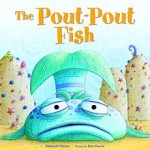 I can’t help but smile whenever I read the New York Times Bestseller “The Pout-Pout Fish” written by Deborah Diesen and illustrated by Dan Hanna. I can’t keep my listeners from grinning, either, or from chiming in on the refrain with this dreary-weary, permanently-pouting fish: “Blub. Blub. Blub.” With a little help from an unexpected friend, Mr. Fish does find a way to turn that frown upside-down. This rhyming story is great for building phonological awareness, and I love the finger rhyme that Debbie Diesen came up with to go with the book:
I can’t help but smile whenever I read the New York Times Bestseller “The Pout-Pout Fish” written by Deborah Diesen and illustrated by Dan Hanna. I can’t keep my listeners from grinning, either, or from chiming in on the refrain with this dreary-weary, permanently-pouting fish: “Blub. Blub. Blub.” With a little help from an unexpected friend, Mr. Fish does find a way to turn that frown upside-down. This rhyming story is great for building phonological awareness, and I love the finger rhyme that Debbie Diesen came up with to go with the book:
“Five little pouty fish swimming ’round the bed,
One blub-blubbed his grumpy head.
Mama called the doctor and the doctor said,
‘Read a good book and he’ll smile instead!'”
For more fun activities and free reproducibles, go to her website: deborahdiesen.com and be sure to check out “The Pout-Pout Fish in the Big-Big Dark”.
Read More





